
Tony Leung Chiu-wai, who celebrated his 57th birthday on June 27, is one of Hong Kong’s most respected actors, even though he has never starred in a Hollywood production. He has appeared in almost 80 films since his debut, Mad, Mad 83, in 1983.
Leung is currently promoting upcoming crime thriller Where the Wind Blows, in which he plays a corrupt Hong Kong police officer during the 1960s.
He heads the cast of another anti-corruption drama, Fox Hunt, which began shooting at the end of May. It is his fifth collaboration with a mainland Chinese director and, backed by China’s Ministry of Public Security, the story is inspired by a real-life cross-border crime.
The screen legend has collaborated with leading Asian film directors including Wong Kar-wai, Hou Hsiao-hsien, Zhang Yimou and Ang Lee.
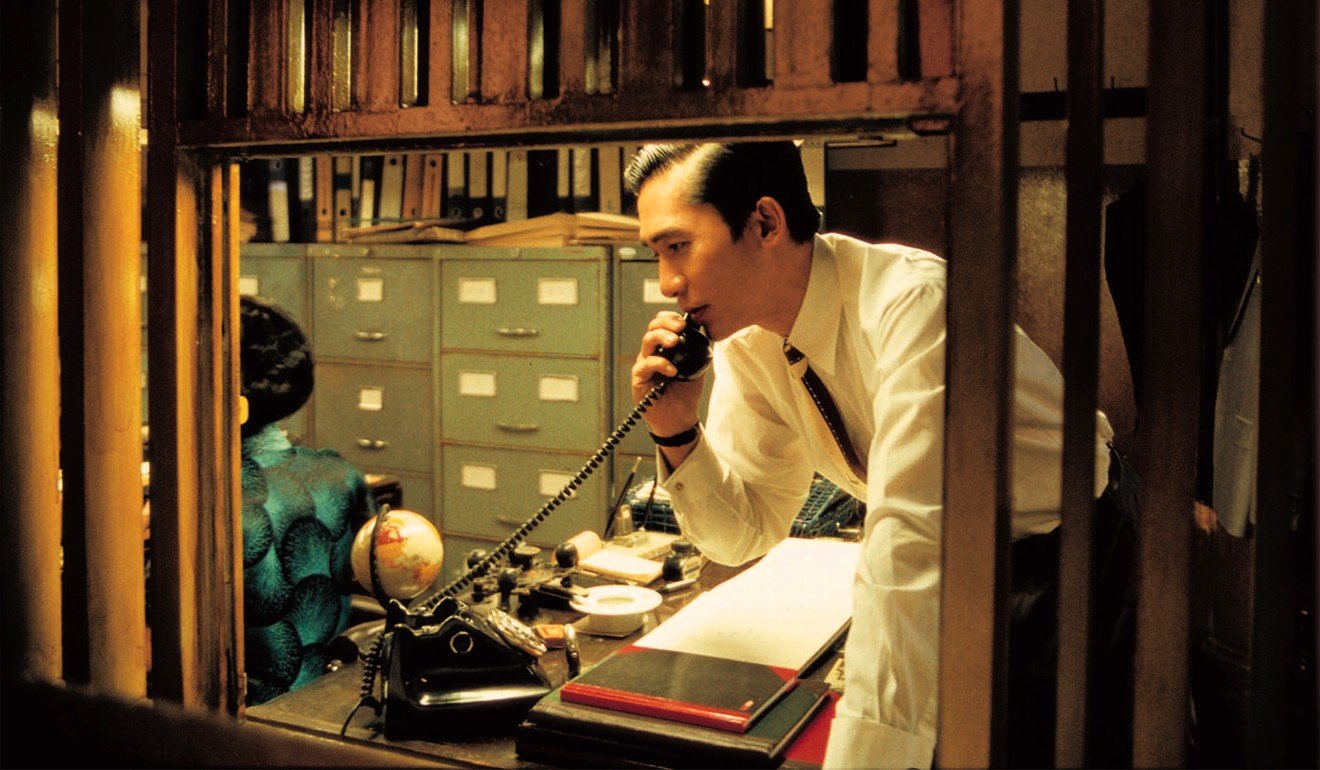
For his performance in Wong’s In the Mood for Love, Leung scooped the best actor award at the 53rd Cannes Film Festival. He also gave masterly performances in three films that won the Venice International Film Festival’s Golden Lion – A City of Sadness, Cyclo, and Lust, Caution.
Leung has the distinction of having won more Hong Kong Film Awards (seven) and Golden Horse Film Awards (three) than any other Hong Kong actor.
These five films starring Leung received rave reviews from cinema-goers worldwide.
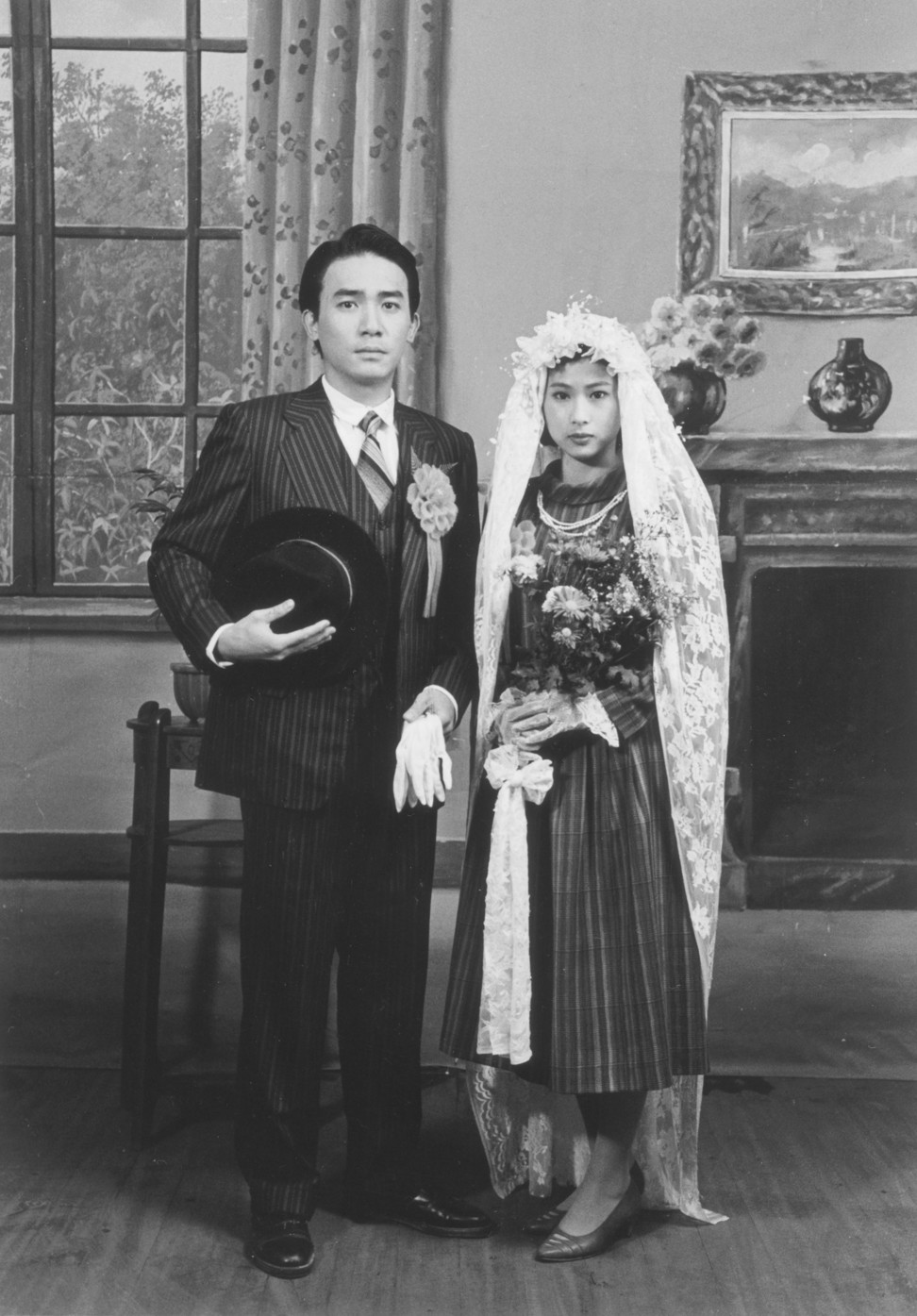
A City of Sadness (1989)
Leung first achieved international fame portraying deaf-mute photographer Lin Wen-ching in this Hou Hsiao-hsien-directed masterpiece.
The tragedy of a once prosperous family reflects the cruelty of the so-called February 28 massacre in 1947 following anti-government protests in Taiwan, which resulted in between 18,000 and 28,000 deaths.
At the end of the film, Lin – the family’s youngest son – is arrested by Kuomintang forces for his financial support of rebel guerillas, not long after his new wife gives birth to their son.
Leung shows his skill as an actor playing the deaf Lin, expressing emotions without words in a film that effectively alludes to the brutal repression of freedom of speech under the “White Terror” reign of the Kuomintang government in Taiwan in the late 1940s.
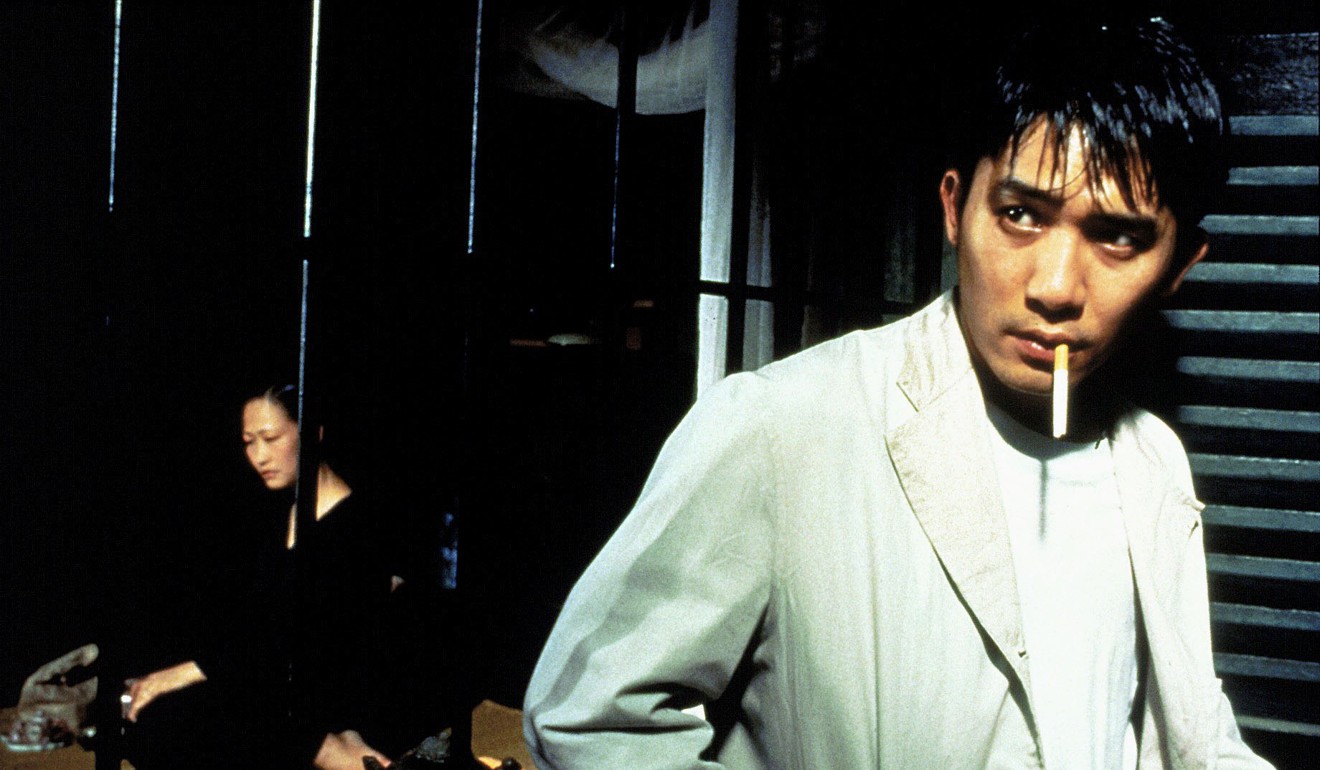
Cyclo (1995)
Impressed by Leung’s melancholic eyes in A City of Sadness, Vietnamese auteur Tran Anh Hung invited Leung to play a poet in a supporting role in Cyclo.
His character is a gloomy, ruthless gangster, who lures a poor cyclo driver into crime when his pedal-taxi is robbed by members of the gang. Though he takes a fancy to the cyclo driver’s sister, the poetic gangster still can’t resist pimping her for money.
His conscience is awakened after he witnesses a client abusing the woman. After killing the man, Leung’s character commits suicide by setting fire to his underground brothel.
This award-winning drama won the Venice film festival’s Golden Lion.
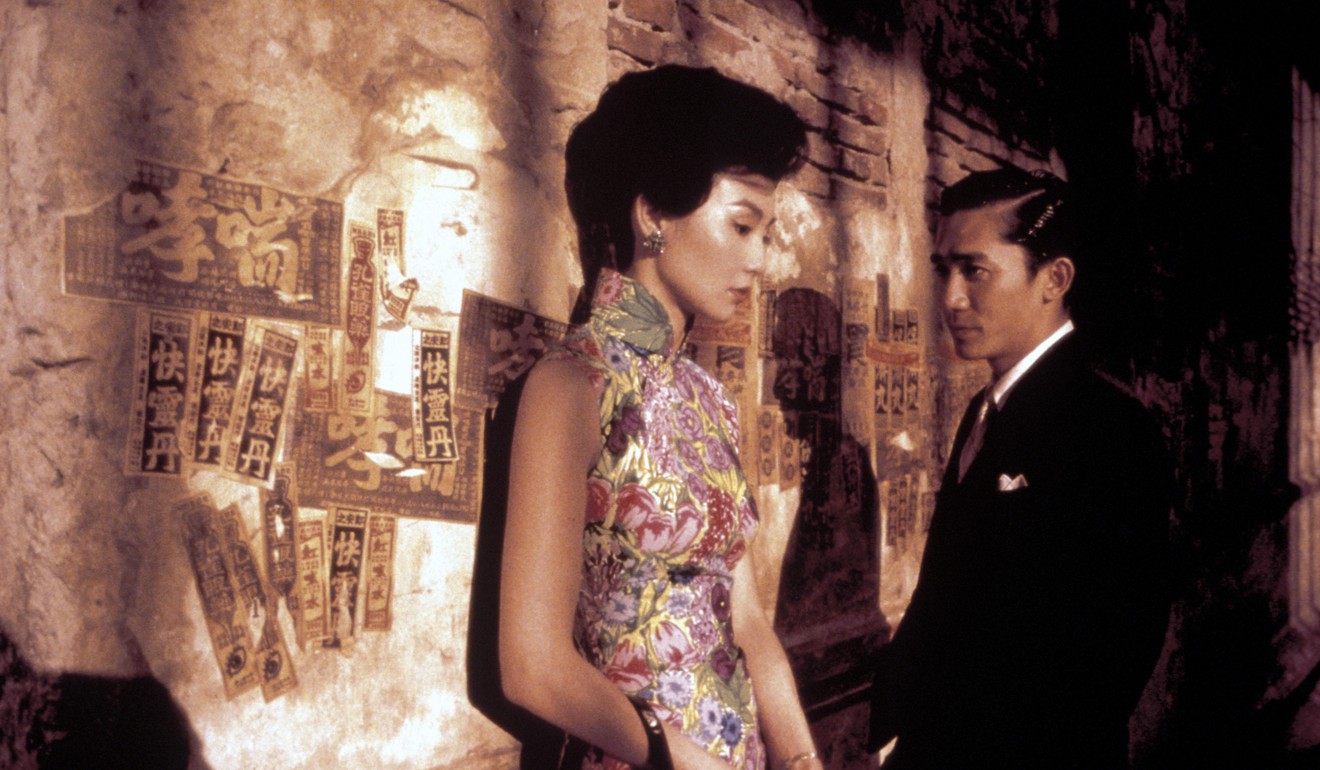
In the Mood for Love (2000)
At the turn of the millennium, Leung won the best actor award at Cannes for his performance in Wong Kar-wai’s In the Mood for Love – a bittersweet film with nostalgic tones.
Set in a Shanghainese community in Hong Kong in the 1960s, the dreamy romance stars Leung and Maggie Cheung Man-yuk as initially unfamiliar neighbours who develop an intimate bond when they re-enact how their spouses’ suspected adulterous relationship might have begun.
Leung regards Chow Mo-wan as one of the most difficult characters he has played.
“Chow is more complex, mature and deeper than other reserved roles that I played before,” Leung said in an interview.
Chow’s approach to Su Li-zhen (Cheung), though supposedly driven by affection, is more like an elaborately plotted act of revenge on his wife. The protagonists brush past each other again and again. Their “flowery years” remain a secret, after Chow whispers memories of the romance into a hollow in a ruined monastery.
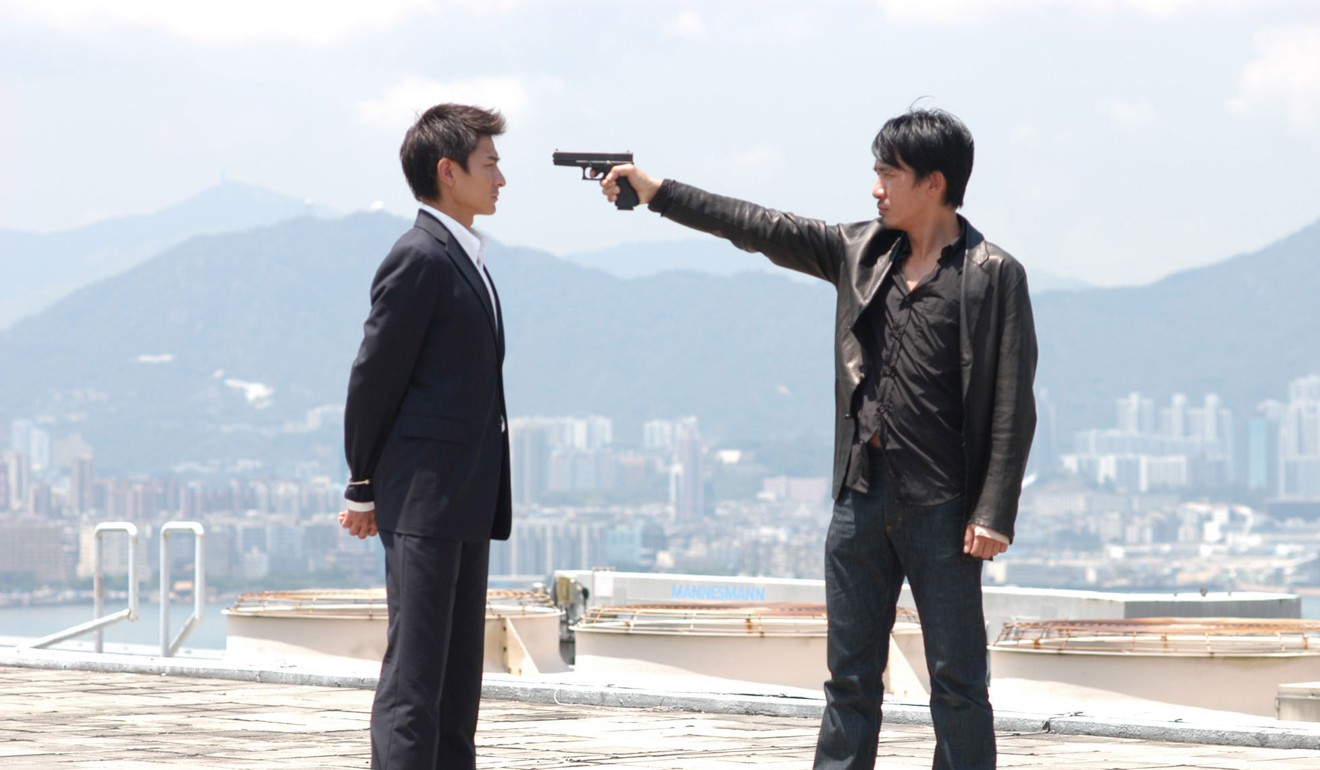
Infernal Affairs (2002)
Leung received critical acclaim for his performance in this crime thriller, and won best actor awards at the Hong Kong Film Awards and Golden Horse Awards.
His character, Chan Wing-yan, is a police officer working undercover as a triad for a decade before suffering mental issues resulting from his dual identities.
Though “wanting to be a good guy”, he only regains his identity as a police officer after being killed by an undercover triad member (played by Andy Lau Tak-wah) who has infiltrated the police – in a classic scene in which the two protagonists duel on a rooftop.
The film, the first in a trilogy – it was followed by Infernal Affairs II and Infernal Affairs III – grossed HK$55 million at the box office and inspired a Hollywood remake by Martin Scorsese, The Departed.
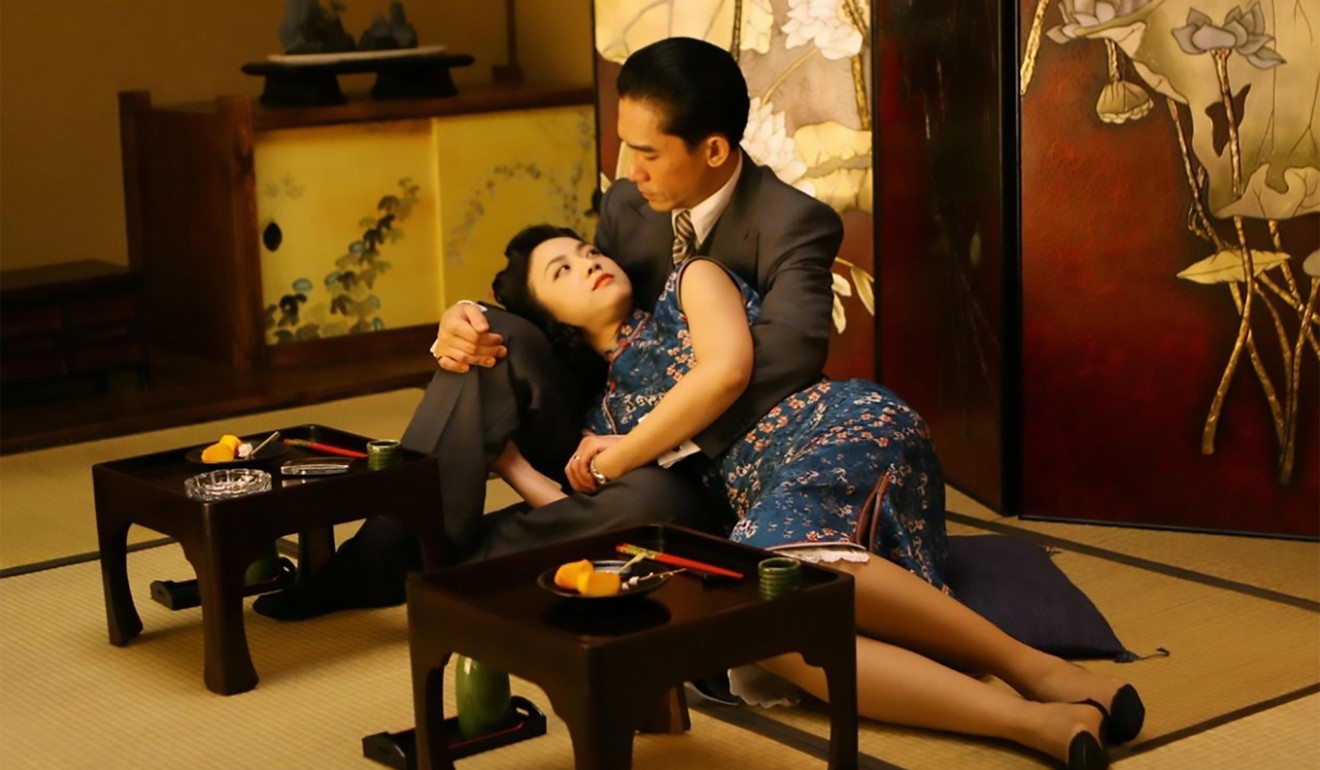
Lust, Caution (2007)
Working with Oscar-winning Taiwanese director Ang Lee, Leung portrays a notorious traitor in Lust, Caution, which scooped seven Golden Horse Awards, including best actor for Leung.
Set during the second Sino-Japanese war, the spy thriller revolves around a honey trap plotted by a group of patriotic students with the aim of assassinating Yee Mak-sing (Leung), a secret service chief in the Japanese-backed Chinese puppet government.
Yee’s exposure of his inner fear, desire and tenderness towards the bait, Wong Chia Chi (played by Tang Wei), becomes his saving grace. Three explicit sex scenes in the uncut version show how Yee and Wong struggle to reach deeper and deeper into each others’ hearts.
A dramatic scene near the film’s climax illustrates how Leung’s mesmerising eyes are key to his acting ability. When Yee sees the expensive ring he has bought Wong on her finger, his love for her shines, and, in a moment of high emotion, she urges the traitor to escape, regardless of his duty and her own personal safety.







